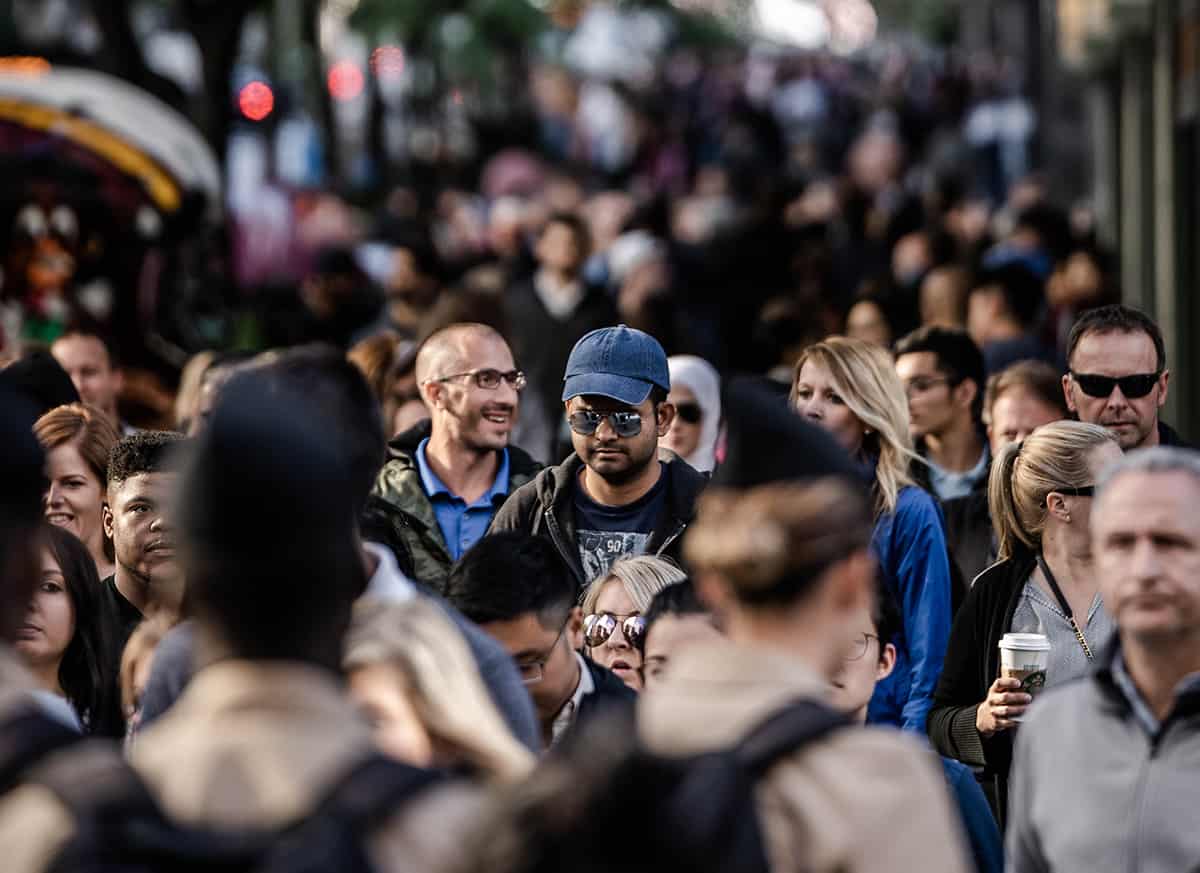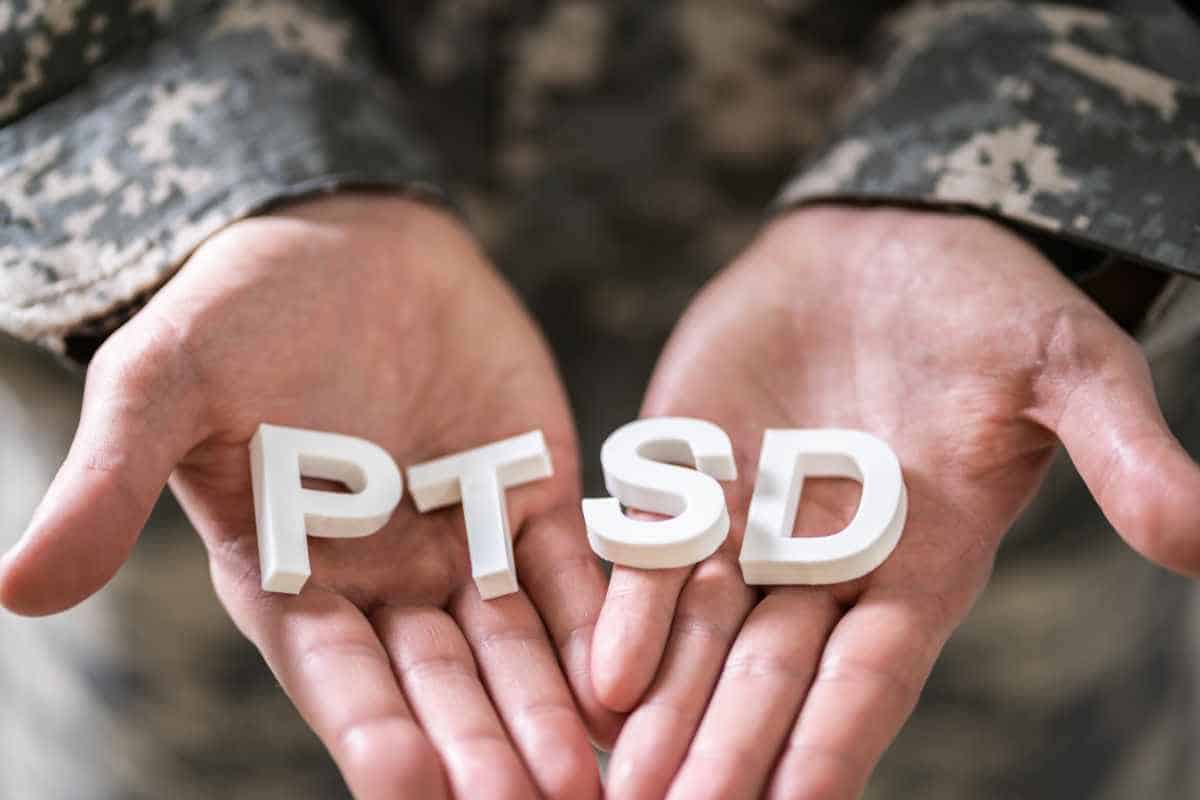Social anxiety is one of the most common mental disorders. According to the National Institute of Mental Health, social anxiety affects approximately 12% of adults at some point in their lifetime. Among those who had a social anxiety disorder, about one-third reported a serious to medium case.
What Exactly Is Social Anxiety?
Social anxiety disorder is a common type of anxiety disorder that can cause a person to feel symptoms of fear in certain or all social situations. These symptoms could occur when a person meets another individual or group of people, going on a job interview, answering a question regarding various topics, dating, or even having a simple back and forth with a cashier in a store. A person might experience feelings of anxiety or fear when they are doing everyday things in front of people—such as eating or drinking in front of others or using a public restroom. When a person experiences social anxiety, it can bring on a fear that they are going to be humiliated, judged, and/or rejected.
This type of fear that individuals with social anxiety disorder experience is so strong that they truly feel that it is beyond their ability to control. As a result, many people with social anxiety have trouble functioning in settings such as work, school, family gatherings, or everyday things like grocery shopping. People with social anxiety disorder tend to worry about the social event or gatherings weeks leading up to before they happen. At times, they may attempt to stay away or cancel plans to avoid the interaction altogether and prevent themselves from doing something that they feel will them.
For some individuals with social anxiety disorder, it’s not the actual event or interaction that causes them anxiety, but more so the performance itself. This is sometimes referred to as performance anxiety which can cause symptoms of anxiety in situations where the person is required to give a speech, play in a game, or dancing or playing a musical instrument on stage or in front of a group of people.
These symptoms are so intense they can make a person believe the world is far more dangerous than it is, causing them to experience false beliefs that end up shaping their whole life. This can cause a person to feel trapped and alone.
Five lies that social anxiety tells a person:
1. You Can’t Trust Anyone
Being socially anxious and having trust issues seem to go hand-in-hand. This makes sense as this disorder often stems from a fear of rejection. A huge problem being socially anxious is that a person tends to overestimate the desire of other people to hurt them. They tend to question those around them and are suspicious of their motives.
2. No One Likes You
It doesn’t matter how great the relationship or friendship is going, it’s as if there’s this extra voice constantly telling you that the other person genuinely doesn’t like anything about you and that they find your company boring.
3. They’re All Laughing At You
Those with social anxiety are more likely to worry about the most trivial things, such as any imperfections they may have that others might notice. The reality is, most people are too self-absorbed to even realize another person’s imperfections. Yet, those with social anxiety are worried about perceived threats and being ridiculed or judged by others.
4. You Are Too Socially Inept to Do Anything
No matter how big or small the task may be, when a person suffers from social anxiety disorder that pesky little voice screams so loud with self-doubt, aiming to discourage a person from even trying.
5. The World Is a Dangerous Place
A person with social anxiety may believe that the world is a place that is full of danger and unkind people. Although this may be true to a certain degree, a person struggling with social anxiety takes it to another level. In fact, the ugly, unkind, evil, and danger is all they tend to focus on.
How Can Someone Be Treated?
Overcoming social anxiety is a tough battle. Treatment and healing from it are not linear, but the fight is so worth it. One of the first things a person can do to help themselves is to recognize and challenge their false beliefs. Next, talk to a health care professional as they will be able to conduct an exam and refer you to the right specialist who can get you a diagnosis.
Social anxiety is generally treated with psychotherapy, medication, or a combination of both. It is important to speak with your doctor and to determine as a team the best treatment for you. If you feel as though your healthcare provider is not providing you with adequate help, reach out to Sober Life today so we can help you find the resources you need.
How Anxiety Particularly Affects Women
The “superwoman syndrome,” a phenomenon where individuals feel the constant need to excel in all aspects of life, may intensify the challenges posed by social anxiety disorder. The pressure to meet unrealistic expectations can exacerbate these distortions. The superwoman syndrome often compels individuals to maintain a flawless facade, heightening the fear of judgment and rejection. This unattainable standard contributes to the intense, persistent fear described in social anxiety, making it difficult for individuals to function in various settings.
Understanding why anxiety tells you lies is pivotal in unraveling this intricate mental health challenge. An anxious person often finds themselves entangled in the common lies anxiety tells, creating a distorted reality that perpetuates their fears. These fabrications can extend from questioning trust to the belief that no one likes them, fostering a pervasive sense of isolation.
Panic attacks, just what an anxious person hopes to avoid, can be triggered by these lies, manifesting emotional distress and also physical pain. During these moments, it’s essential to disconnect between the lies anxiety tells and a healthy sense of reality (during these moments of heightened anxiety). It’s crucial to recognize that anxiety is not a reliable narrator, and seeking professional help can provide the tools needed to distinguish between genuine concerns and anxiety’s deceptive tales.
In the journey towards mental well-being, dismantling the common lies anxiety tells becomes a transformative process. By acknowledging that anxiety doesn’t define reality, individuals can cultivate a healthier sense of self and cope with life’s challenges as they arise. Through therapy, self-reflection, and a supportive network, one can navigate the complexities of anxiety and reclaim a sense of control over their thoughts and emotions.
Don’t let social anxiety ruin your life any longer. Social anxiety disorder is a mental health condition that in most cases requires professional assistance to manage. The intense, persistent fear of being watched and judged by others can cause a person to struggle at work, school, and other day-to-day activities. The lies that social anxiety tells us about ourselves or the world around us do not have to stop us from reaching our potential. The right treatment can help you overcome or manage your symptoms.
Remember you are not alone. As many as one in five adults in the United States struggle with their mental health, and most people could benefit from a counselor at least once in their lives. If you are struggling, with social anxiety, reach out to Sober Life Recovery to learn how our mental health services in San Diego can help you. Reach out to Sober Life Recovery at (619) 542-9542.










